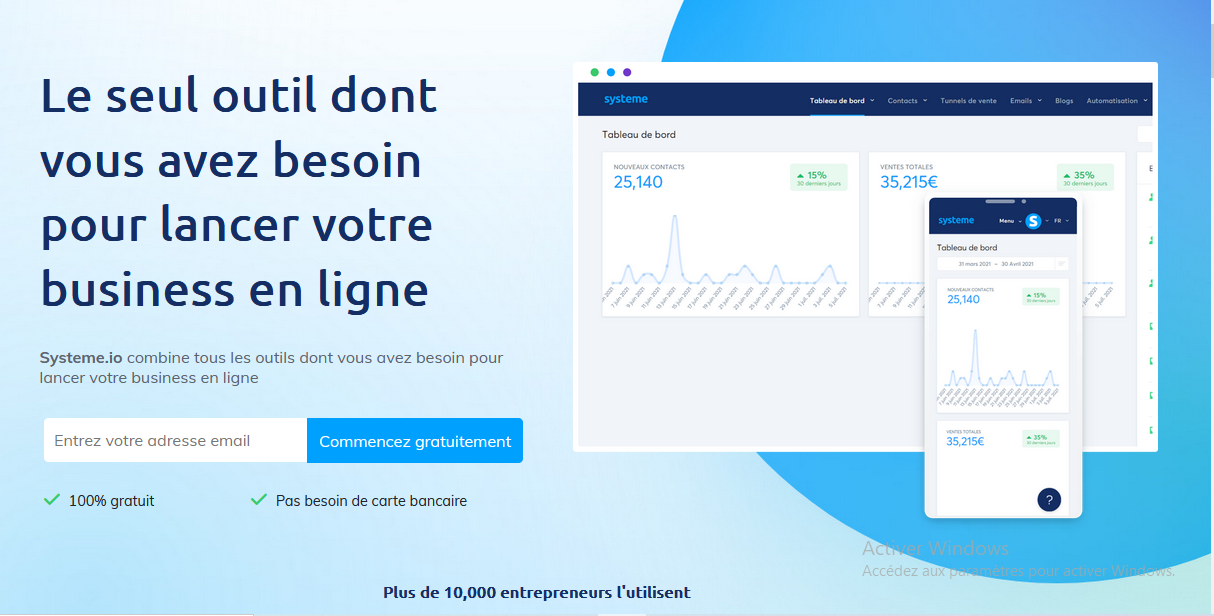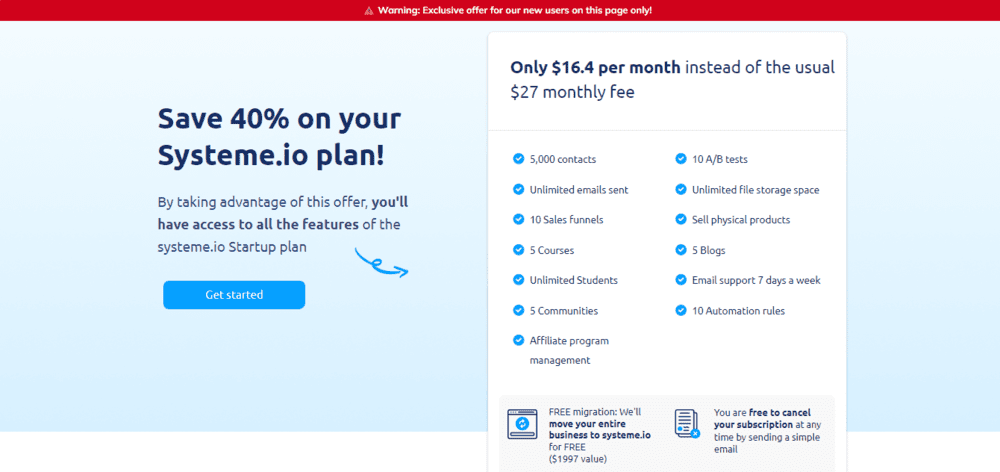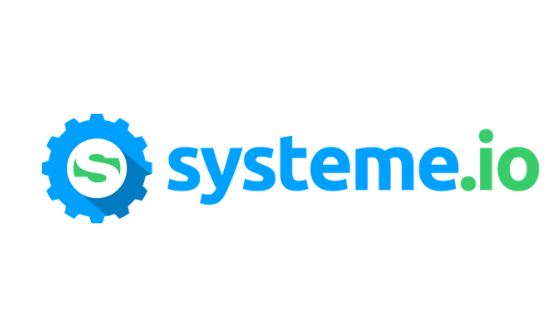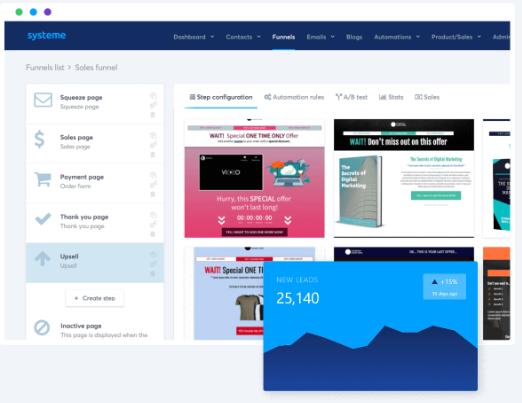The Crucial Significance of Advertising Tools in Today's Digital Landscape: A Comprehensive Guide for Organizations
In an age where digital interactions shape customer behavior, the duty of marketing tools has actually ended up being vital for services making every effort to maximize their outreach and involvement techniques. These tools not just provide critical information insights however also facilitate the smooth execution of marketing projects straightened with business goals. As firms browse this complex landscape, comprehending the varied kinds of advertising tools offered and their corresponding benefits is crucial. However, the challenge hinges on choosing the right devices that not just meet present requirements but additionally prepare for future patterns in advertising-- an exploration that requires further evaluation.

Understanding Marketing Tools
In today's fast-paced digital landscape, understanding advertising tools is vital for organizations aiming to boost their reach and involvement. These devices act as the backbone of reliable marketing strategies, enabling organizations to link with their target markets in a purposeful means - systeme.io lifetime deal. A comprehensive grasp of these resources permits organizations to harness data-driven understandings, streamline their processes, and maximize their campaigns
Advertising and marketing tools include a series of software and systems that promote different facets of advertising and marketing, including analytics, automation, and content management. By using these devices, business can evaluate client behavior, action campaign efficiency, and improve their approaches based upon real-time data. Furthermore, they enable businesses to produce targeted advertising and marketing campaigns that reverberate with specific demographics, therefore making the most of roi.

Additionally, familiarity with advertising and marketing tools promotes cooperation among groups, making certain that advertising and marketing efforts are cohesive and straightened with overall organization objectives. As the electronic marketplace remains to progress, remaining educated regarding the latest marketing modern technologies and approaches becomes progressively important. Comprehending these tools not only encourages organizations to make educated choices however also positions them to adapt promptly to altering market conditions and customer choices.
Types of Marketing Tools
As organizations navigate the intricacies of electronic advertising and marketing, they encounter a varied selection of devices designed to deal with certain requirements and purposes. These tools can be categorized into numerous crucial types, each offering unique features that enhance marketing efforts.
First, analytics devices, such as Google Analytics and Adobe Analytics, equip businesses to examine and track website performance and user behavior. This data-driven method optimizes and educates critical choices advertising projects.
Second, material monitoring systems (CMS) like WordPress and HubSpot promote the production, management, and distribution of content across numerous networks. This simplifies the material advertising process, ensuring consistency and interaction.
Third, social networks monitoring tools, including Hootsuite and Buffer, allow companies to arrange articles, display interaction, and examine efficiency across multiple systems from a single dashboard.
Fourth, e-mail marketing tools like Mailchimp and Continuous Contact enable the design and execution of targeted email campaigns, cultivating straight communication with consumers.
Finally, client connection administration (CRM) systems such as Salesforce and Zoho CRM help organizations manage interactions with current and prospective clients, enhancing relationship-building and sales processes. Together, these devices develop a durable framework for performing reliable electronic marketing strategies.
Advantages of Using Marketing Tools
Utilizing advertising and marketing tools provides services a wide variety of advantages that enhance performance and performance in their marketing initiatives. One of the key advantages is the automation of recurring tasks, permitting marketing teams to concentrate on critical initiatives instead than hand-operated procedures. This not only conserves time but additionally lowers the capacity for human error.

In addition, collaboration is promoted with integrated platforms, allowing employee to share understandings and work cohesively towards usual objectives. Consistency across marketing channels is additionally enhanced, as devices usually include organizing attributes that make sure prompt and uniform messaging.

Choosing the Right Tools
Selecting the proper advertising tools is essential for taking full advantage of the benefits laid out formerly. Services must conduct thorough research to recognize tools that align with their specific marketing goals, target audience, and spending plan constraints. This procedure begins with assessing the unique needs of the organization, such as whether a concentrate on social media, e-mail advertising and marketing, or web content browse around this site administration is called for.
As soon as the demands are established, assessing the functions, usability, and scalability of numerous tools is critical. Services ought to focus on tools that provide extensive analytics, enabling them to track efficiency metrics and ROI successfully (systeme.io lifetime deal). In addition, think about the assimilation capabilities of the devices with existing systems, as seamless integration can improve functional efficiency
Budgetary considerations can not be overlooked; a tool's price need to be validated by its potential to deliver outcomes. It might additionally be helpful to check out trial versions or trials to acquire direct experience before committing to a purchase.
Last but not least, looking for customer testimonials and study can give important understandings into the performance of the tools in real-world applications. By taking these factors right into account, businesses can make enlightened choices that will certainly improve their marketing strategies and drive success in a competitive digital landscape.
Future Trends in Advertising And Marketing Equipment
The evolution of marketing devices is progressively driven by innovations in technology and moving customer actions, developing a dynamic landscape for organizations to navigate. As we seek to the future, several vital fads are poised to form the advertising devices field.
To start with, the combination of expert system (AI) and artificial intelligence will enhance information analytics capacities, making it possible for companies to obtain workable insights from vast datasets. This will certainly help with hyper-personalization, allowing brands to tailor their messages to specific consumer choices in real time.
Secondly, the surge of voice search and smart gadgets will certainly require the development of tools optimized for voice-activated marketing strategies. This fad will call for marketing experts to reconsider their search engine optimization approaches and content development procedures.
Moreover, the raising emphasis on personal privacy and information security will drive the demand for transparent advertising tools that focus on user authorization and honest information usage. web Services will require to adapt to progressing policies while keeping efficient advertising practices.
Last but not least, the development of enhanced and online reality in advertising will transform customer involvement, offering immersive experiences that enhance brand name narration. Business that embrace these trends will certainly be much better outfitted to thrive in the affordable electronic landscape.
Conclusion
In verdict, the importance of marketing devices in today's digital landscape can not be overemphasized. By recognizing the numerous kinds of marketing devices and their connected benefits, businesses can make educated choices when picking the ideal solutions.
In an age where electronic communications form customer behavior, the role of advertising and marketing tools has ended up being essential for services aiming to enhance their outreach and involvement strategies.In today's busy digital landscape, comprehending marketing tools is crucial for services aiming to enhance their reach and interaction.Advertising and marketing tools include a range of software program and systems that promote various elements of advertising, consisting of analytics, automation, and material monitoring.In addition, knowledge with marketing tools cultivates cooperation amongst groups, making sure that marketing efforts are cohesive and lined up with total service purposes.Utilizing advertising devices provides businesses a plethora of benefits that improve performance and effectiveness in their marketing efforts.